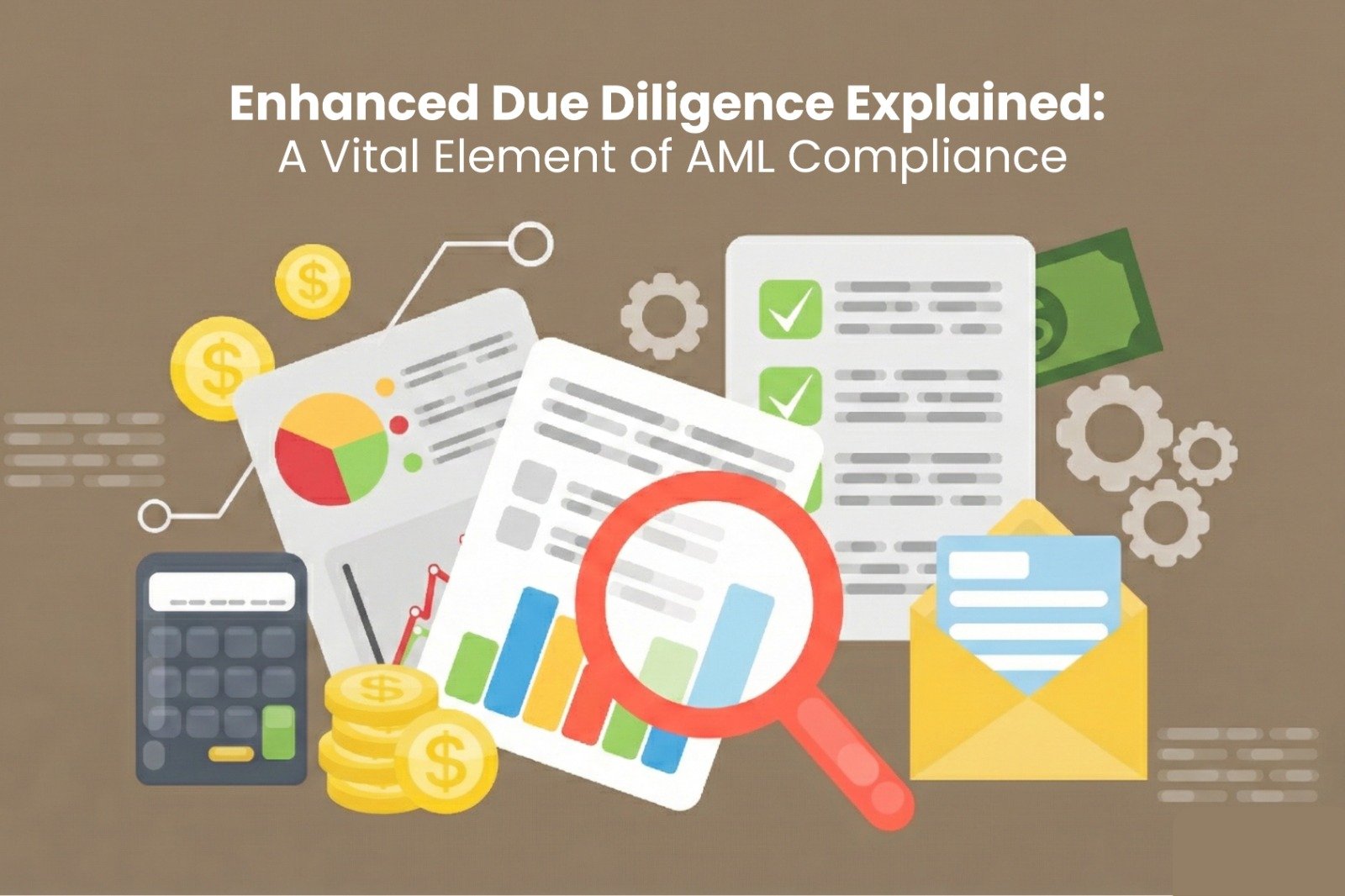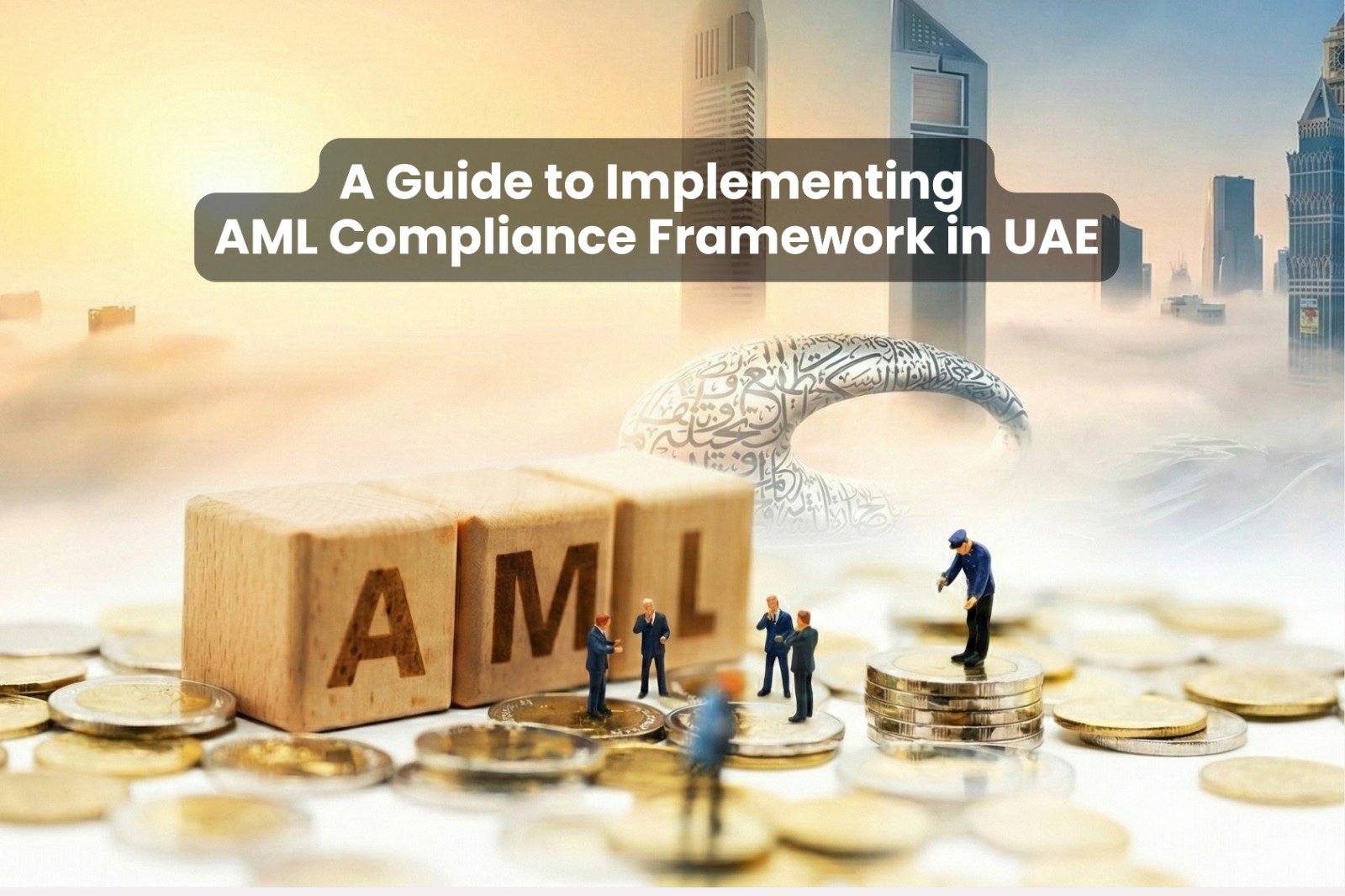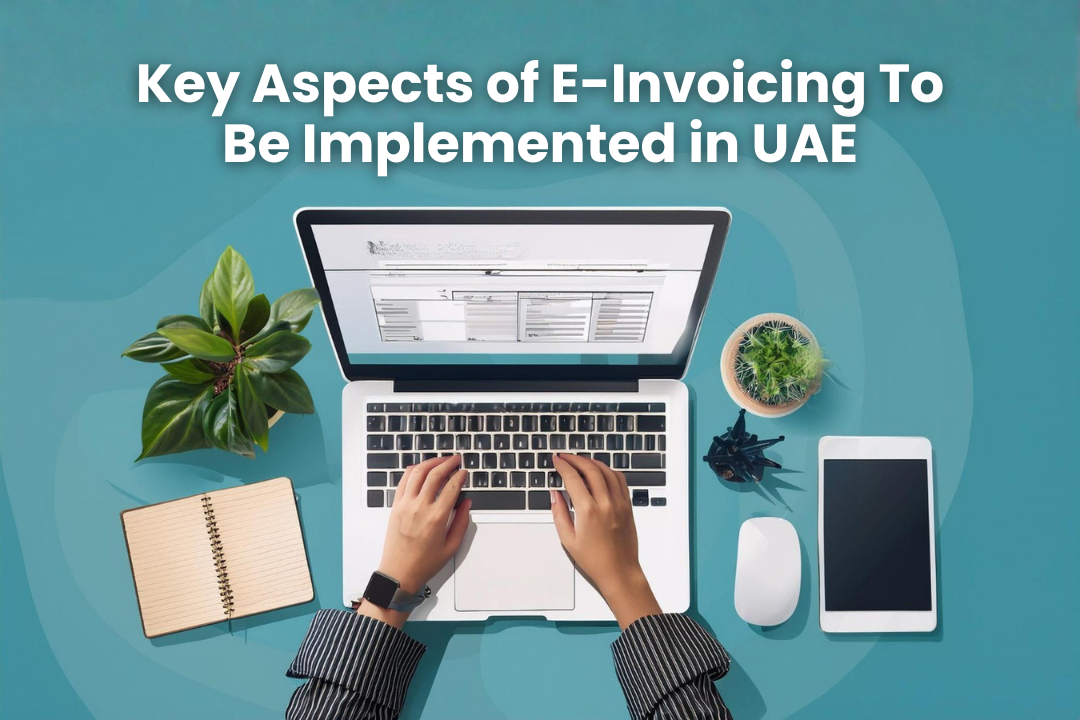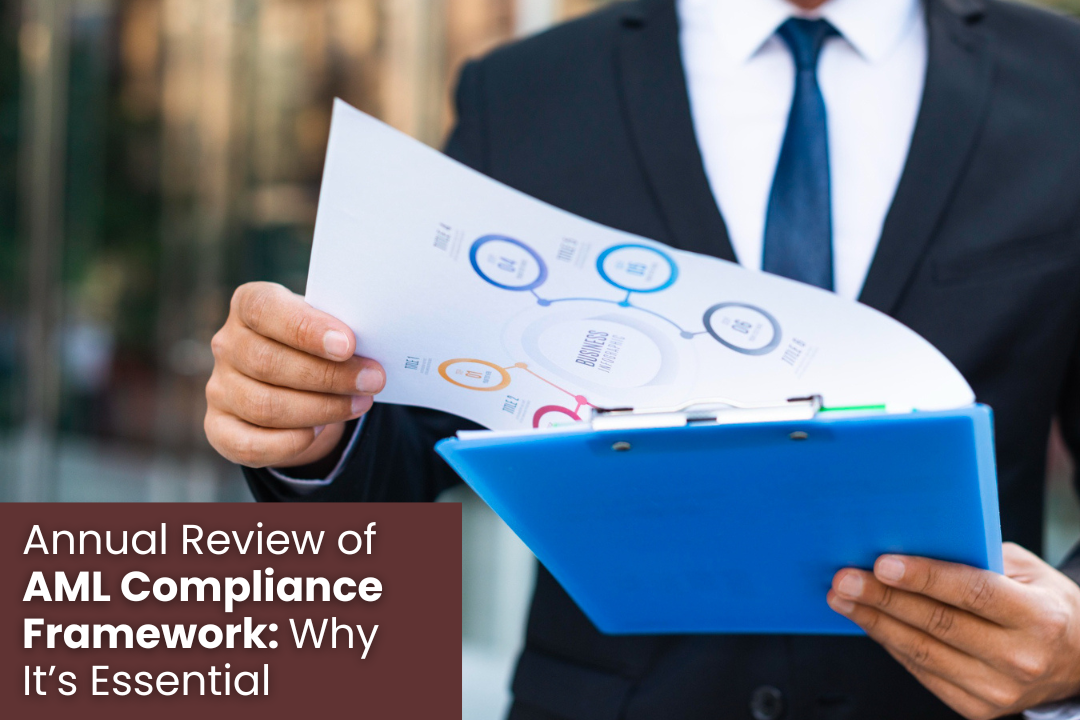In the UAE’s rapidly evolving financial landscape, AML Customer Risk Assessment has become a critical pillar of compliance for Designated Non-Financial Businesses and Professions (DNFBPs). As the nation continues to align its financial systems with global Anti-Money Laundering (AML) and Counter-Terrorist Financing (CFT) standards, DNFBPs — such as real estate agents, precious metal dealers, accountants, and company service providers — are now required to establish a robust Customer Risk Assessment framework.
Understanding how to identify, evaluate, and mitigate customer-related risks not only helps DNFBPs stay compliant with UAE regulations but also strengthens business credibility and resilience in a regulated market.
Understanding AML Customer Risk Assessment
AML Customer Risk Assessment is a structured process of evaluating the potential risks a customer might pose in terms of money laundering or terrorist financing or Proliferation Financing. It involves gathering key data, analyzing customer behavior, and applying risk indicators to classify clients as low, medium, or high risk.
In the context of Customer Risk Assessment in UAE, DNFBPs must ensure that their assessment procedures align with guidelines set by the UAE Ministry of Economy and the Financial Action Task Force (FATF). An effective risk assessment not only prevents regulatory penalties but also protects the business from reputational and operational risks.
Key Risk Factors to Consider
When conducting an Anti Money Laundering Risk Assessment, DNFBPs should focus on the following key areas:
- Customer Profile – Understanding the customer’s background, occupation, and source of funds helps identify inconsistencies or suspicious patterns.
- Geographic Risk – Evaluating the customer’s country of residence or operation, especially if linked to high-risk jurisdictions.
- Nature of Business Relationship – Determining whether the customer’s transactions align with their declared business purpose.
- Product and Service Risk – Assessing if the services offered could be misused for money laundering activities.
- Transaction Patterns – Monitoring for unusual or high-value transactions inconsistent with normal activity.
By integrating these factors, DNFBPs can establish a dynamic and data-driven AML Compliance Framework that continuously adapts to new risks.
Steps to Conduct an Effective Customer Risk Assessment
A well-structured AML Customer Risk Assessment framework typically includes:
- Customer Due Diligence (CDD): Collecting and verifying identity documents, beneficial ownership details, and business information.
- Risk Scoring: Assigning a risk level (low, medium, or high) to each customer based on risk indicators.
- Enhanced Due Diligence (EDD): Applying stricter monitoring and verification processes for high-risk clients.
- Ongoing Monitoring: Continuously reviewing transactions to detect suspicious patterns or unusual behavior.
- Documentation and Reporting: Maintaining detailed records of risk assessments and reporting any suspicious activity to authorities.
Why AML Risk Assessment Is Crucial for DNFBPs
Failing to conduct a proper Customer Risk Assessment in the UAE can result in severe financial penalties, suspension of business licenses, and reputational damage. More importantly, a robust AML framework helps DNFBPs:
- Build trust with regulators and clients.
- Prevent financial crimes and fraud.
- Strengthen long-term operational integrity.
- Demonstrate ethical business practices aligned with UAE’s AML policies.
Conclusion
As the UAE intensifies its efforts to maintain global AML compliance standards, DNFBPs must prioritize implementing strong AML Customer Risk Assessment processes. By integrating data-driven assessment tools and adhering to national and international compliance guidelines, businesses can safeguard themselves against financial crime risks while maintaining transparency and trust. For expert assistance in establishing a robust AML Compliance Framework UAE, Dubai, and Abu Dhabi, contact Auditac International Consultancy, your trusted partner for Anti Money Laundering Risk Assessment and compliance support across the UAE.












